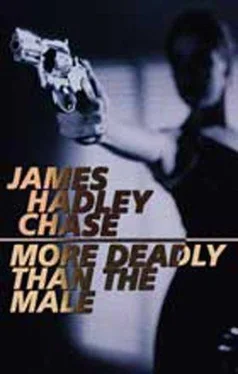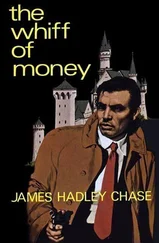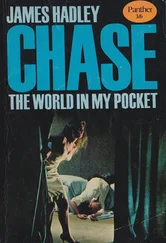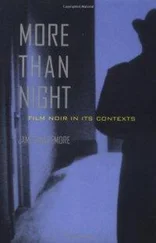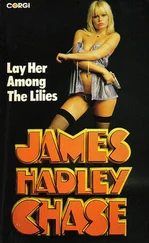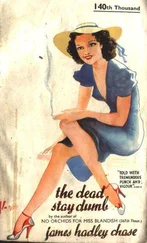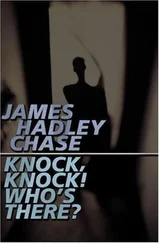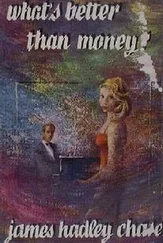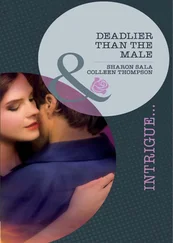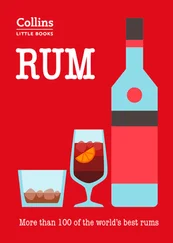“The States?” Mr Hibbert’s eyes grew dreamy. “Often thought I’d go there myself. Wonderful place, I believe.”
George nodded. “It’s all right,” he said with assumed indifference. “But I suppose I’ve seen too much of it. Give me England any day.” He dropped ash carefully into the tobacco tin lid that served as an ashtray. “These two,” he went on, anxious not to stray from his purpose. “They were young—brother and sister. Brant is the name. The fellow had a bad scar: a bum.”
Mr Hibbert’s face darkened. “Oh yes,” he said, frowning. “I remember them. Hmm, yes, I remember them quite well.” He conveyed that he did not approve of them, and that because George knew them, he wasn’t sure whether he should approve of him
“It’s just that I owe them money,” George said apologetically. “They did me a good turn once.” What was he saying? A good turn? But he went on, “They’re not friends of mine, you understand; but one must honour one’s debts.”
Mr Hibbert nodded. He looked at George with sudden warmth. “Those sentiments do you credit. I like to hear a man talk like that. Wouldn’t think they’d honour anything.”
George shook his head. “A wild pair,” he said. “Did you fix them up?” He waited, his heart thumping dully against his side.
“Against my will,” Mr Hibbert told him sadly. “Business is not what it was. A year ago I’d ’ve sent them packing. As it happened, I had a place. A couple of rooms over a garage. There were rats in the place; no one seemed to want it, so I let them have it. They can be as wild as they like there. They’ll have no neighbours.” A sly, lewd look came into his faded eyes. “The girl’s remarkable, isn’t she? No better than she makes out to be, I shouldn’t wonder. Her figure…” He shook his head. “Wants a mother, I shouldn’t doubt… brazen…”
A hot flame of desire flickered in the pit of George’s stomach. He knew what Mr Hibbert meant.
“I’m most grateful,” he said, after a pause. “Could you write the address down for me?” He stubbed out his cigarette and added bitterly, “It’ll be a surprise for them.”
Mr Hibbert wrote the address on the back of his card.
“It’s a turning off Kilburn High Street, a mews. It’s easy enough to find.”
They parted warmly.
While George waited for a bus to take him down the long, straight road to Kilburn, a man with a bundle of evening papers passed, and George bought one. He glanced down the columns, scarcely concentrating. An item of news caught his attention for a second. An unknown man had fallen on the live wire at Belsize Park Station. A train had entered the station a moment later, and the hold-up had caused a considerable delay on the line. George was glad he hadn’t been there: a beastly, messy death. He looked down the road impatiently. A bus was in sight, but it was taking its time. Then George stiffened, spider’s legs ran down his spine. He looked at the newspaper again. The small print swam before his eyes. The unknown man, the reporter wrote, was about twenty-two. He had a scar—a had bum—on the right side of his face, and a shock of straw- coloured hair He wore a dark blue shirt, a red tie, grey flannel trousers and a tweed coat. The police were anxious to identify him. There was nothing in his pockets nor on his clothes to say who he was and where he had come from. The bus passed George. He made no attempt to signal to it. He stood reading the notice over and over again. Could it be Sydney? The description was exact. Were there other men with scars, strawcoloured hair, who wore dark blue shirts and red ties? It seemed unlikely.
He had to find out. The trip to Kilburn could wait. He had to find out whether Cora was now on her own. It might make a tremendous difference.
He began to walk towards Kilburn, not knowing where he was going, but anxious to think. What a death! How unlike Sydney to fall in front of a train! Was it suicide? He thought of the cold, ruthless face, and decided that Sydney most certainly would not have taken his own life. An accident, then? But how did people fall in front of trains unless they deliberately jumped or were pushed? Pushed? His mind began to crawl with alarm. Was he pushed? Suppose Emily and Max and the two Greeks…? He gritted his teeth. Was this the beginning of their revenge? He looked furtively over his shoulder, and quickened his pace. It was the kind of clever, ruthless trick they would stage: a murder that looked like an accident. Of course, the dead man might not be Sydney, and in that case he was getting alarmed over nothing. But he wouldn’t rest until he knew for certain. He supposed the body would be in some mortuary, but he hadn’t the vaguest idea which one. He was scared to go to a police station. The memory of Crispin now filled him with nervous dread.
Farther up the road he saw a policeman coming towards him He forced down his natural fear of the uniform and with misgivings planted himself in the policeman’s path.
“I think I know this man,” he blurted out, pushing the newspaper at the policeman. “I believe he’s a friend of mine.”
The policeman gave him a quick, inquisitive glance, and then looked down at the newspaper. He frowned, chewing his moustache.
“What man’s that, sir?” he asked patiently.
George pointed to the paragraph. His finger danced on the page.
The policeman ponderously read the item, then he glanced at George. “You think you know ’im, do you, sir?”
George nodded. “I suppose I ought to do something,” he said helplessly. “I thought you could advise me.”
The policeman brooded. “If you think you know ’im,” he said at last, “it’d he your duty to—er—view the remains.” He shook his head sympathetically. “Unpleasant job, sir, at the best of times, but seeing as ’ow you might identify ’im…”
“Where should I go?” George asked. The word “remains” made him feel sick.
“Well, the accident ’appened at Belsize Park Station,” the policeman said. “’E’d be at the ’Ampstead mortuary as like as not. If you come with me, sir, I’ll ’phone. There’s a police box just round the corner.”
A few minutes later George was on his way to the Hampstead mortuary. It took him some time to screw up enough courage to ring the hell outside the double gates. After what seemed to him an interminable wait, a small door in the gate opened and a whitecoated attendant looked at him inquiringly.
“I think I know this man,” George said, offering the newspaper. “The man who fell under the train this morning.”
“Then you’ll ’ave come to identify ’im,” the attendant said cheerfully. “This way, if you please, sir.”
George ducked through the doorway, and found himself in a small yard. A low brick building faced him, and with a tight feeling in his stomach he followed the attendant across the yard into the building.
“If you’ll wait ’ere a moment, sir,” the attendant said, “I’ll get PC White.”
Left alone in the white-tiled passage, George looked round uneasily. There was a door at the end of the passage through which the attendant had disappeared. Near where George was standing he noticed a small window covered by a yellowing blind. He thought the place looked exactly like a public convenience, and because of the familiar association, his fears began to subside.
The door at the end of the passage opened, and the attendant beckoned. George entered a box-like room which served as an office. A police constable rose from behind a desk as George came in.
“Good morning, sir,” the police constable said. He had a kind, understanding face, and he was obviously anxious to set George at ease. “Sit down, will you? You think you can identify the unfortunate gentleman who died this morning?”
Читать дальше
